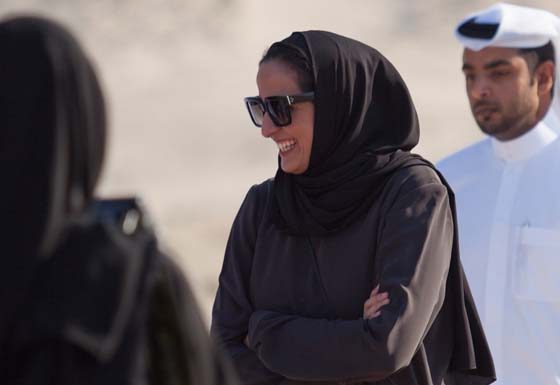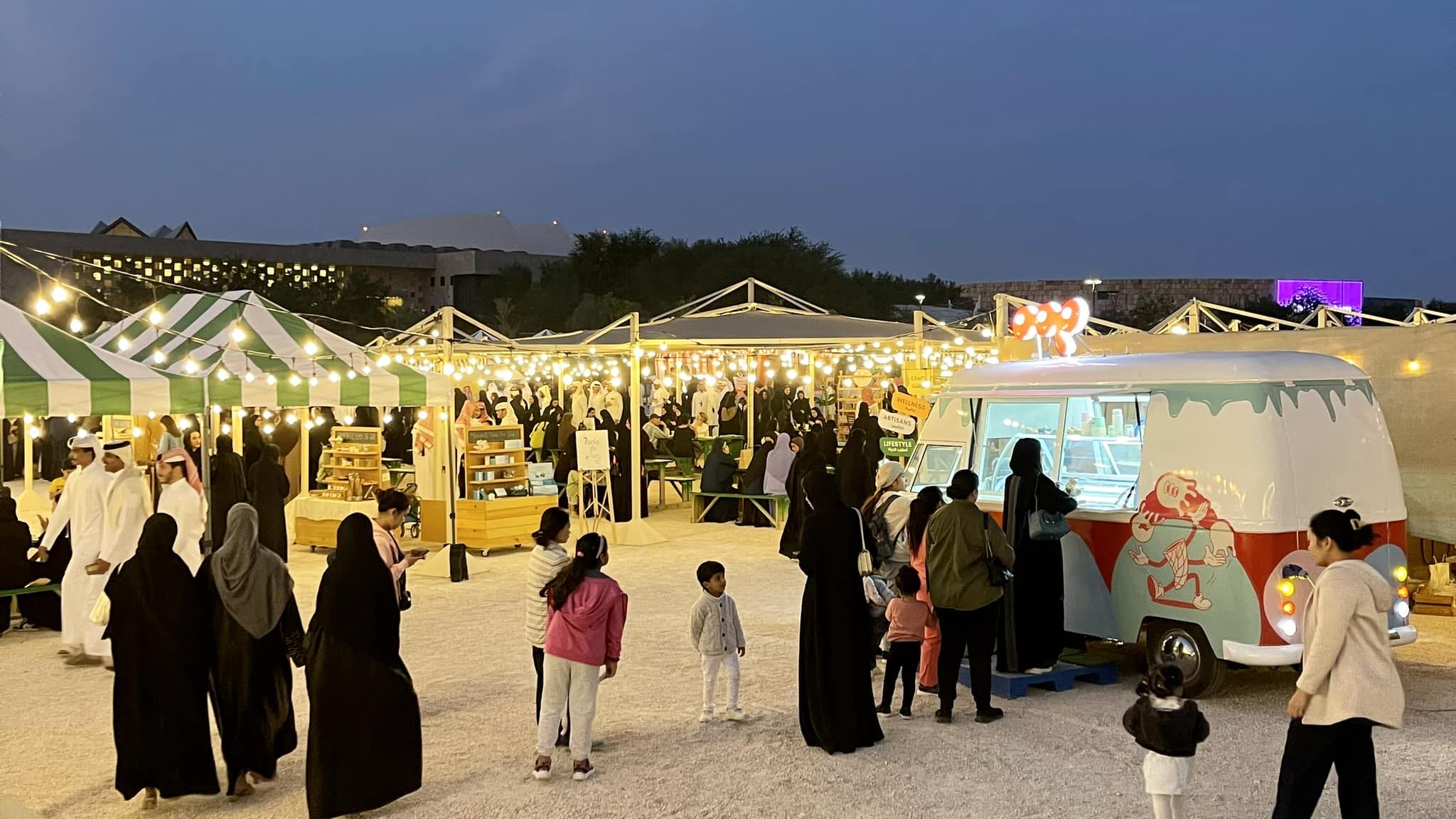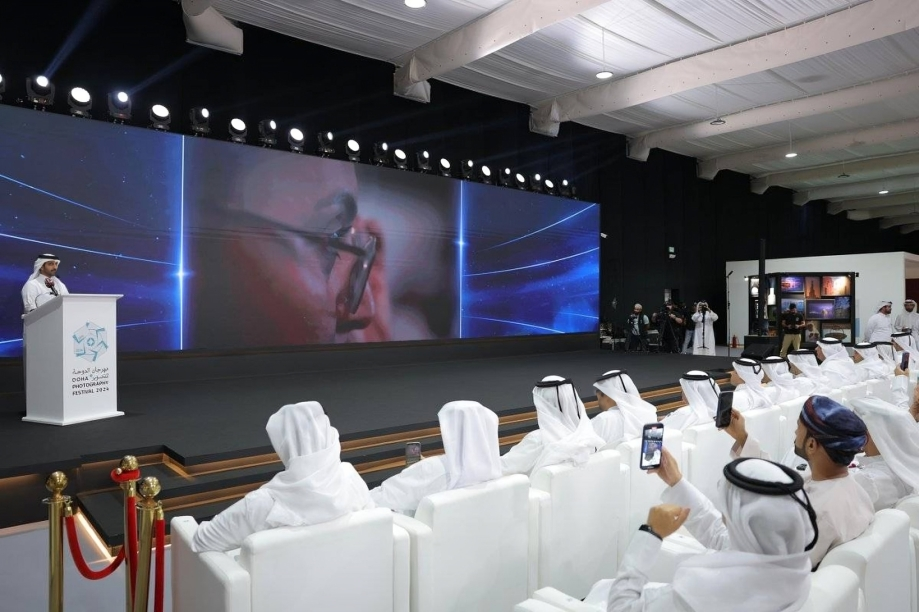
Contemporary artists invited to exhibit in Qatar should not insult the culture or traditions of the state, the head of Qatar Museums has said in a recent TV interview.
Over the past few years, the country has introduced the works of a number of controversial artists, including Damien Hirst and Takashi Murakami.
But Sheikha Al Mayassa bint Hamad Al Thani said the aim of this was to create discussion rather than offend people.
Speaking to CNN International in what’s being called her first TV interview in two years, the chairperson said:
“Most contemporary art is provocative. And a lot of people say for good art to be good, it should be provocative.
We are very clear with the artists that you are free to decide on your exhibition, but you are not free to be insulting to our culture or traditions.”
During the half-hour program that was part of CNN Style, she added, “we do give them a lot of freedom, but with the pretext of respect.”
Facilitating art culture
During the interview, Sheikha Al Mayassa described herself as a “facilitator” of art and spoke about how she sees modern art fitting in with the country’s more conservative culture.
The official is widely considered to be one of the world’ most powerful Arab women, and with a purchasing budget rumored to be around US$1 billion, she is also a leading figure in the global art scene.
However, some of the contemporary artwork brought in under her watch has attracted controversy.

For example, a 5m-high bronze statue Coup de Tête of footballer Zinedine Zidane head-butting Marco Materazzi in the 2006 World Cup was initially installed on the Corniche in 2013.
But the sculpture, by Algerian artist Adel Abdessemed, was quickly removed after some critics described it as “unsportsmanlike” and offensive to religious sensibilities.
Unifying element
Talking about how art fits into Qatari society, Sheikha Al Mayassa said:
“For as long as I can remember, art has been part of our culture. It has always been part of our identity, whether it’s preserving heritage, archaeology, excavation and collecting all sorts of art.”
She described art as being “powerful” and without boundaries, which can help to unite people from different backgrounds – an issue Qatar faces since the majority of its population is comprised of multiple expat communities.
“It (art) brings people from all walks of life together to talk about an idea. There is no limit to it,” Sheikha Al Mayassa added.

Speaking about herself and her reputation as a buyer of some of the world’s some significant artworks, she said:
“I like to see myself as a facilitator – I am not an expert, I am not an art historian. I like the collaborative effort between the curators, the artists and us the government. You are always learning new things, discovering new ideas and developing the community and the urban space and the public domain.”
‘No comment’
Under Sheikha Al Mayassa’s aegis, Qatar has been reputed to have bought numerous high-profile and expensive works, although it has never confirmed this.
The sale last year of an 1892 oil painting of two Tahitian girls by Paul Gauguin for a record-breaking $300 million caused a stir, with Qatar said at the time to have been the new owner.

In 2011, QM reportedly spent some $250 million for Cezanne’s The Card Players while in 2014 Qatar was also rumored to have bought Pablo Picasso’s famous Child With a Dove painting, which sold for $74.5 million.
“Our policy is not to comment on our acquisitions. We could have bought the work you think we have, or we could not have bought them. As we built our museums and you see our collections you will know what Qatar has bought and what were rumors all along,” Sheikha Al Mayassa told CNN.
She said the redevelopment of the old Civil Defense building into an artists’ hub known as the Fire Station and its artists in residence program was part of an initiative to “bring the best of the best from around the world or the most influential people to think in creative ways.”
“Creative people come up with the best solutions to times of change. We have invested a lot in education, and culture was the second thing we invested highly in,” she added.
Her interview is being shown on CNN International on Saturday, April 16 at 8:30am and 9:30pm and again on April 19 at 3:30pm Qatar time. An edited version of it can be seen here.
Thoughts?







